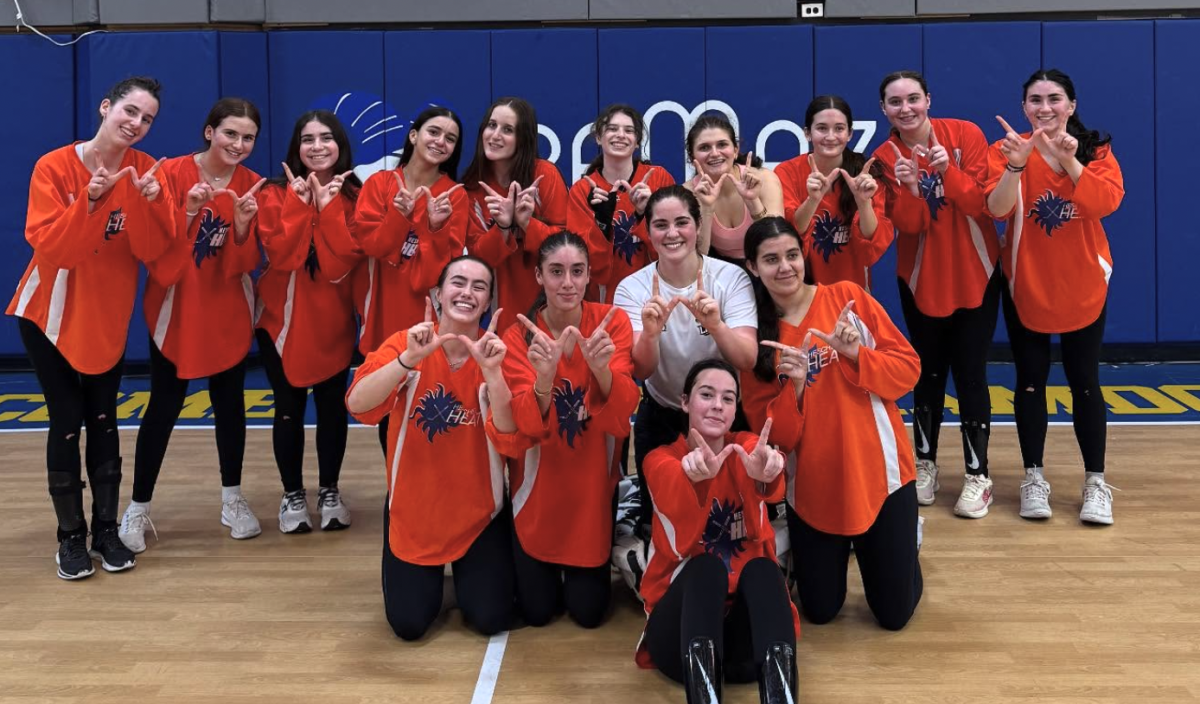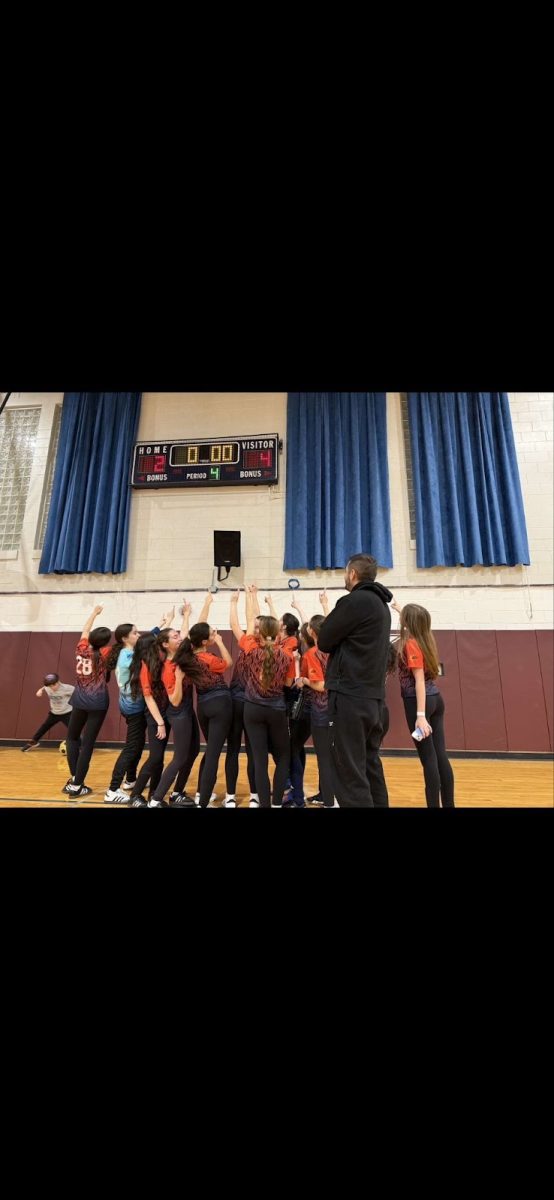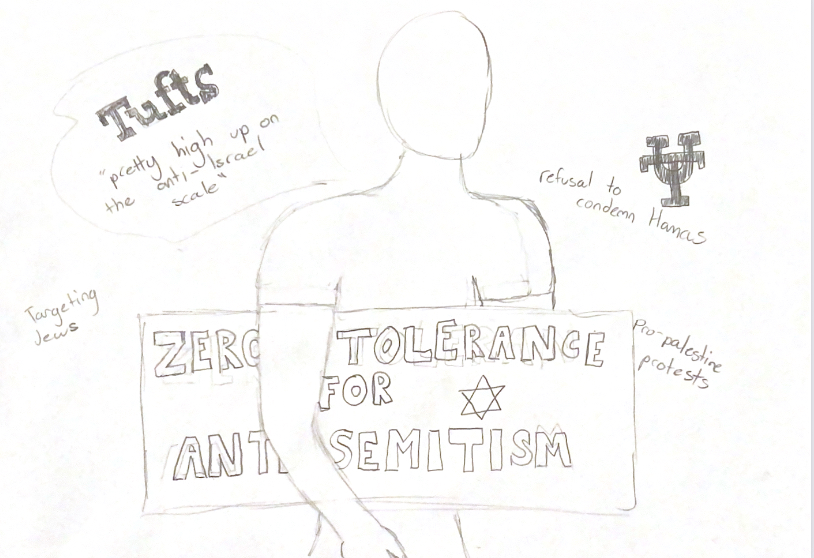As the war in Israel progresses, antisemitism at college campuses across America rises. While clips of anti-Jewish incidents have gone viral on the internet, it is crucial to understand that each affected student has had their own unique experience.
Tufts University freshman Eli Fraiman said, “Tufts is pretty high up there on the anti-Israel scale; the campus isn’t the friendliest place to be openly Jewish.” Fraiman described seeing many anti-Israel posters that were “not fact checked.” While he has not been verbally or physically assaulted, he received many “dirty looks” from other students, which he presumes is because he wears a kippah.
Fraiman’s experience contrasts to Jared Levy’s, a freshman at the University of Texas (UT) at Austin. Levy recalled some antisemitic incidents prior to the Oct. 7 attack, but none since. He attributes the lack of antisemitism to the fact that the campus is “not in touch with the conflict.” However, some peaceful pro-Palestinain protests have occurred at UT Austin. Due to the large size of the university, the pro-Palestinian students hardly interact with the pro-Israel students. Levy struggled with the president’s refusal to condemn Hamas.
Cornell freshman Sadie Mank said that, in the beginning, “there was no sense that there was targeting of the Jewish population.” She recalled that many vigils were held on campus with lots of Jewish participation. However, this all changed when violent antisemitic threats appeared on a website where people can post anonymously. “That was the first time that I really felt fearful,” Mank said. “I’ve been a lot more on edge since.”
Each student has had a different response to their experiences on campus. Prior to the attack, Fraiman did not wear his kippah regularly around campus; now he wears it every day. He believes that the best way to fight antisemitism is to proudly exhibit his Judaism. He also co-wrote an op-ed in the Tufts newspaper about antisemitism.
Levy took action as well. He, along with other Jewish fraternity members, started a foundation called “Yalla for Israel,” which aims to connect thousands of Jewish students at colleges across the country. They have raised over $175,000 for the Friends of the IDF, an organization that provides anything that the soldiers of the IDF need.
All of the students noted how their education at Heschel on Israel and politics in the Middle East has helped them understand the complexity of the situation. Fraiman noticed that the vast majority of people on his campus lack knowledge regarding the history of the region. He feels that Heschel set him up for success in his ability to productively discuss the situation. He also said that Heschel “hasn’t instilled a blind faith” in him.
Mank too was complimentary of Heschel’s Middle Eastern education. She said that during her high school years she felt that the school was being overdramatic, and that students would be able to handle themselves. Now, however, she sees that “it was much more pertinent and poignant than I realized in the moment.”



